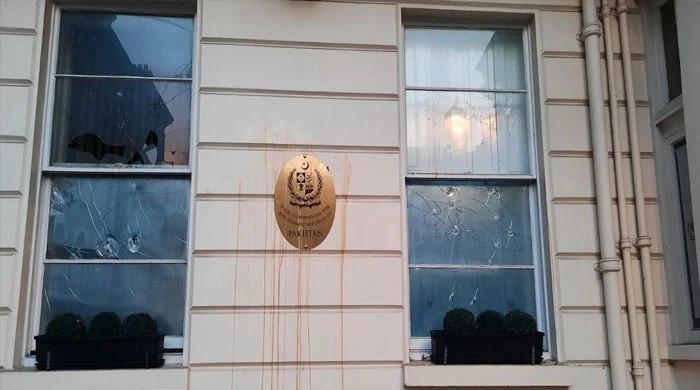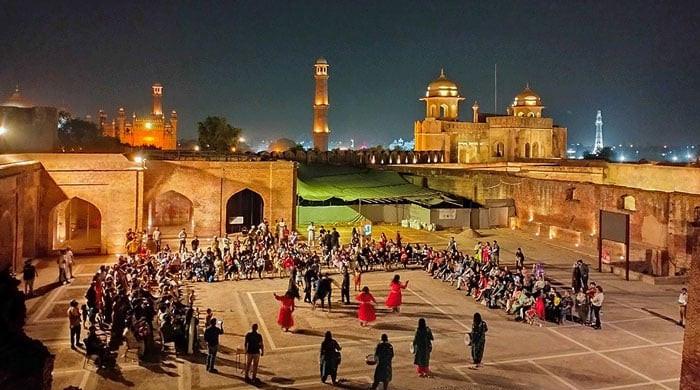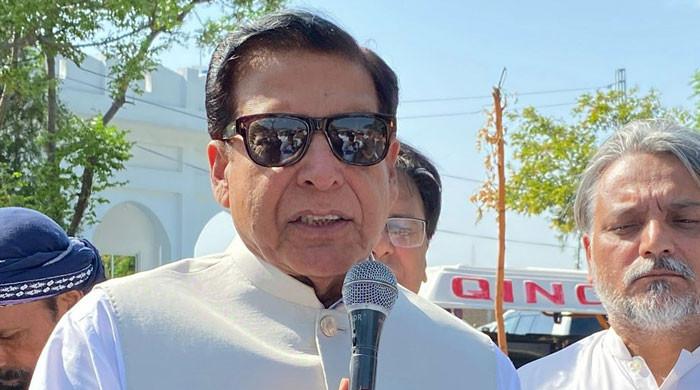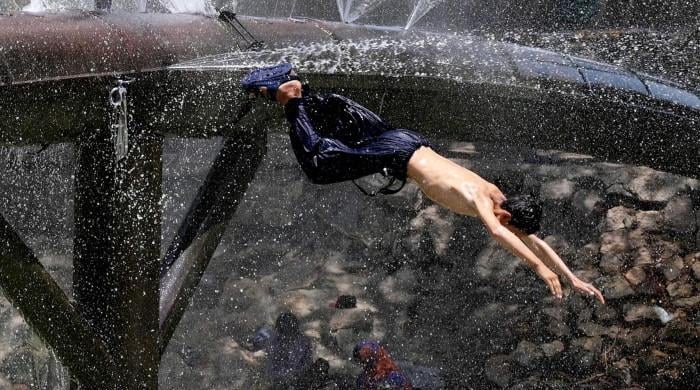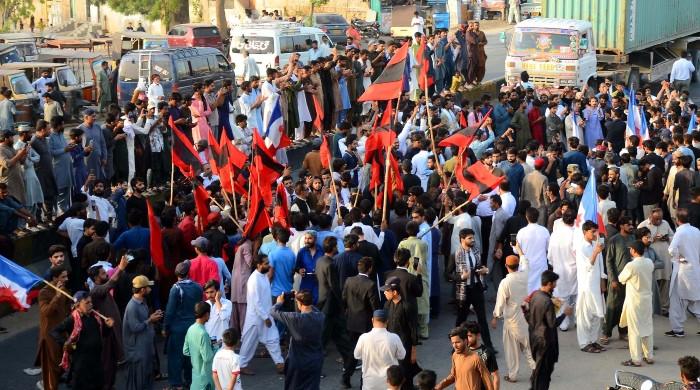Can the government avoid a follow-on?
PTI does not have an easy task on hand as it is up against ruling groups entrenched in power for over 30 years
April 13, 2020
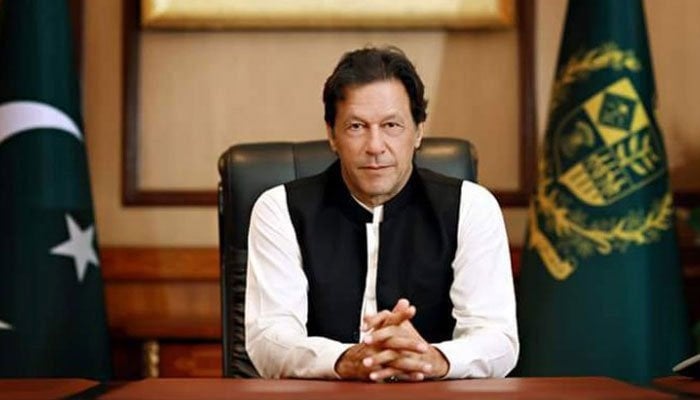
In Test Cricket, a “follow-on” means that when a team fails to achieve the minimum score against their rival's innings, they may or may not be asked to bat again by the rival team's captain to try and match the score.
Now, if the same term were applied to politics in Pakistan today, one wonders if the ruling Pakistan Tehreek-e-Insaf (PTI) will be able to score enough to save its government from a “follow-on” and, as a result, stay in the match for the 2023 election.
The PTI is up against a tall score, due to a number of shortcomings in its 18 months till now. One, though, will also have to give the party some leeway for a first stint in power.
The way the new government has defended its weaknesses is to lay the blame on the previous governments and the baggage of bad performance they left behind. However, the recent wheat and sugar crisis happened right under the PTI’s nose. A crisis which swindled the public of Rs150 billion.
During the Pakistan Muslim League-N’s (PML-N) tenure, the price of sugar was Rs 50-55 per kg. After the PTI came to power, it shot up to Rs80 plus. The same happened with wheat.
The electricity and gas tariff hikes under the PTI rule have taken hundred billions more from an ordinary family’s budget. Now the circular debt of the energy sector is nearing the two trillion mark, whereas the PML-N left it at Rs1.1 trillion. While the PTI energy managers have been claiming that the circular debt will be brought down to nil, it has shot to over Rs40 billion per month.
The government has also failed to show improvement in receivables in the power sector, which have now crossed Rs1 trillion. If one were to compare the new crises, the sugar and wheat episode will pale in comparison to the energy sector’s dismal results, once its findings are made public.
Read more: What is next for Jahangir Khan Tareen?
Undoubtedly, the PTI government inherited Rs30 trillion in debt, but it has piled up over 40 per cent of that in just 18 months. Therefore, the total debt is currently Rs41 trillion.
During this period, an ordinary Pakistani’s income has depleted and poverty increased. The national income now mainly covers debt servicing, while our defense is dependent on borrowed money as are all other sectors. On top of this, the bill for misuse of power and bad management in the energy and agriculture sector alone is over Rs1 trillion.
However, there is a silver lining here. Prime Minister Imran Khan is ready to confront the mafias. One major challenge for the premier remains team selection. In the beginning, he fielded a financial team led by Asad Umar. But seven months in, it was replaced. A new team came on board and the influence of PTI leader and businessman Jahangir Khan Tareen - in finance, energy, agriculture and IT - grew.
Tareen is a tenacious and admirable businessman. However, when given a political mainstream role behind the scenes, he could not rise beyond his business interests to return the confidence posed in him. As a result he now faces a massive probe.
And thus, the second team combination, under the prime minister, also could not deliver and collapsed.
The challenge for the prime minister is huge. He has to retain the confidence of the masses, the deep state, multilateral agencies and business communities. Prime Minister Khan scores very high on his sincerity, hard work, integrity, will for change and concern for poor. But low, as per some experts, on getting the nation together for the Kashmir cause, selecting the right administration and his handling of the coronavirus pandemic.
One of biggest reservations against the PTI rule has been an overstretch of accountability for political gains, and the disruption of the economic cycle. Those named in mega corruption scams have reached settlements, while some have been unduly held in jails for months without charges.
Pre-dominantly, accountability is missing for those associated with the ruling party. Such a lopsided accountability process has polarized all sections of the political and business community and affected national harmony and output.
All in all, the PTI does not have an easy task on hand as it is up against ruling groups entrenched in power for over 30 years. Moreover, a lot of the prime minister’s detractors would like his team to “follow-on” now and then succumb to an innings defeat.
However, one hopes that the prime minister has learnt from the last 18 months and knows the strengths and weakness of his team. His appeal as someone not driven by personal wealth and mafias remains intact. Though, his greatest challenge is delivery through a reliable team.
Pakistan is a parliamentary democracy and an elected member of cabinet should be a preferred option to overlook the affairs of the country.
Prime Minister Imran Khan should readjust policies, improve tolerance and ensure participation of segments who did not vote for the PTI to ensure national harmony during these testing times. He should focus on building the innings and on staying in the match rather than hitting out.





